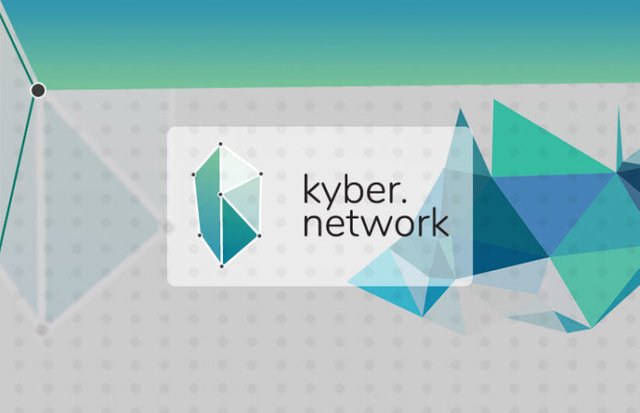Kyber Network – Trustless Decentralized Cryptocurrency Exchange REVIEW
What is Kyber Network?
Kyber Network is a new system allowing the exchange and conversion of digital assets. The project can be found at Kyber.network. Overall, Kyber Network promises to provide rich payment APIs and a new contract wallet allowing anyone to seamlessly receive payments from any token.
Meanwhile, users can mitigate their risk in the volatile cryptocurrency world through the use of Kyber Network’s derivatives trading.
The main difference between Kyber Network and other digital asset exchanges is that it’s based on blockchain technology. The exchange is on-chain, which means it’s less of a centralized target for attackers. It’s also trustless and transparent.
The platform was announced on the internet in May 2017. The platform was made by blockchain technology developers Loi Luu and Yaron Velner. Ethereum creator Vitalik Buterin is listed as an Advisor. The developers hope to launch on a testnet by August 2017, with a mainnet release that supports trades occurring in January 2018.

Kyber Network Features:
Like many other exchanges online today, Kyber Network promises to be instant, liquid, and compatible. The main difference with the Kyber Network, of course, is that the exchange is based on blockchain technology. That means better security, a trustless system, and reduced chance of funds being lost from the exchange.
Trustless & Secure: Every operation on the Kyber Network happens on the smart contract. No trust is required. Kyber Network never holds users’ funds.
High Liquidity: Kyber Network claims to maintain a reserve of tokens to provide high liquidity. You can get your tokens instantly when you trade.
Instant Trade: There’s no waiting for confirmation and no deposit required. You can instantly get your tokens once your transaction is included in the blockchain.
Compatibility: Kyber Network claims to be compatible with existing smart contracts, so no changes are needed to integrate with the Kyber Network.
What Makes Kyber Network Different from Conventional Exchanges?
Kyber Network wants to improve upon other traditional exchanges. What makes Kyber Network different from Kraken, Poloniex, Shapeshift, Coinbase, and other popular options? Here are some of the key areas where Kyber Network aims to distinguish itself:
Lower trading costs
Trustless
Instant trades
On-chain
Liquid
Secure against attacks
Obviously, other exchanges have some of the above features. However, Kyber Network is marketing itself as the only exchange that has all of the above features.
Coinbase, for example, offers low trading costs, instant trades, and high liquidity, but it isn’t trustless, on-chain, or secure against attacks.
Essentially, Kyber Network wants to introduce the benefits of blockchain technology to the world of cryptocurrency exchanges.
Some are also wondering what the difference is between the Kyber Network and Bancor Protocol. Bancor uses a fixed formula to determine the price of the token, while Kyber Network lets the reserve managers determine the price. In order to become a reserve manager at Kyber Network, users need to register and be approved by the operator.
Applications and Use Cases for Kyber Network
Exchange: The core feature of the Kyber Network will be to convert and exchange tokens in a secure and instant way.
Proxy Payments: Pay anyone in any token from your own token. Kyber Network will convert the tokens, then forward the payment seamlessly.
Derivatives: Kyber Network offers derivatives trading, allowing traders to hedge their bets against price fluctuations.
Cross-Chain Payments: Receive payments from bitcoin and other cryptocurrencies in Ether.
Who’s Behind Kyber Network?
Kyber Network was created by Loi Luu (CEO and Co-Founder), Yaron Velner (CTO and Co-Founder), and Victor Tran (Lead Engineer and Co-Founder).
Luu is a researcher specializing in cryptocurrencies, smart contract security, and distributed consensus algorithms. He’s also a regular speaker at Bitcoin and Ethereum workshops. Velner, meanwhile, holds a PhD in computer science from Tel Aviv University, where his research is focused on game theory incentives in blockchain protocols and formal verification of smart contracts. Tran is a senior backend engineer and Linux system admin.
Ethereum’s Vitalik Buterin is listed as an advisor, as are Leng Hoe Lon (Co-Founder of Shentilium) and Prateek Saxena (research professor of computer science at the National University of Singapore).